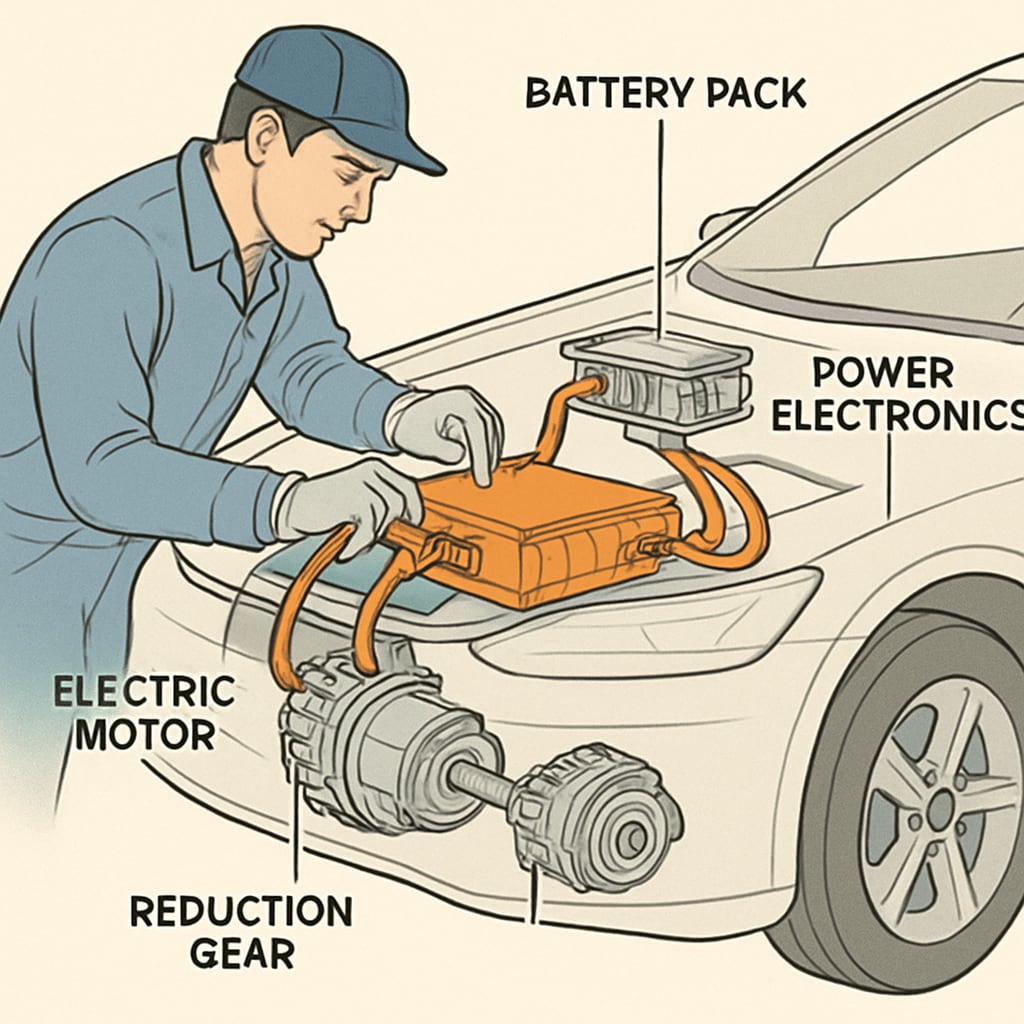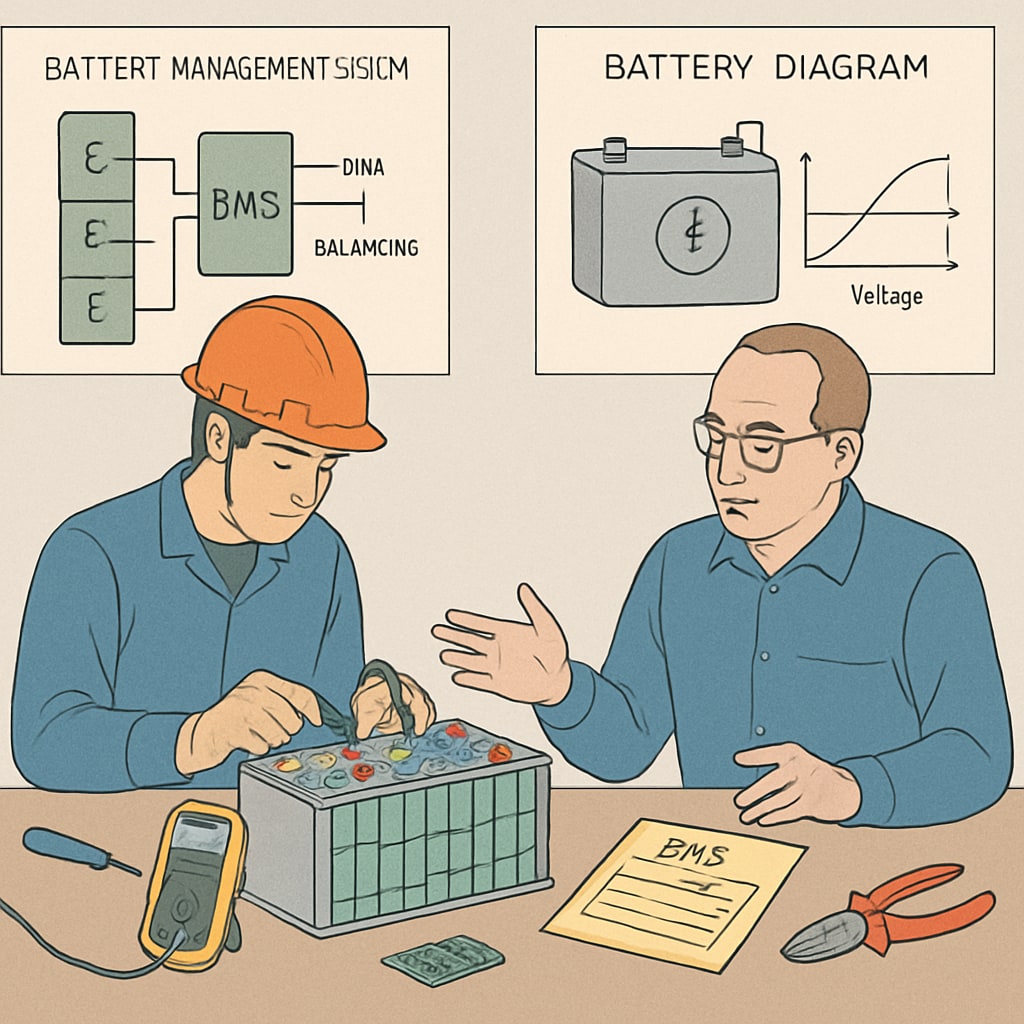In today’s rapidly evolving automotive industry, the integration of electrical technology is reshaping traditional career pathways. Professionals with expertise in both mechanical systems and electrical systems have a unique edge in the competitive job market. For those holding a diploma in motor vehicle systems and repair, pursuing an electrical apprenticeship can be a transformative step. It not only expands their technical skill set but also positions them at the forefront of the industry’s transition toward electrification. This article delves into the value of electrical apprenticeships as a career catalyst in the automotive sector.
The Growing Demand for Electrical Expertise in Automotive Careers
The automotive industry is witnessing a seismic shift with the rise of electric vehicles (EVs) and advanced driver-assistance systems (ADAS). Traditional mechanical know-how is no longer sufficient; professionals must adapt to the increasing complexity of electrical systems. For example, electric powertrains, battery management systems, and sensor integration require specialized knowledge. An electrical apprenticeship provides hands-on training in these critical areas, bridging the gap between conventional automotive skills and the demands of modern vehicles.

Why Electrical Apprenticeships Are Vital for Career Growth
Electrical apprenticeships offer structured learning combined with practical experience. This dual approach equips professionals with the ability to diagnose, repair, and innovate within the ever-changing landscape of automotive technology. Key benefits include:
- Enhanced employability: Employers are increasingly seeking candidates with multidisciplinary expertise.
- Future-proof skills: As EV adoption grows, electrical knowledge becomes indispensable.
- Higher earning potential: Cross-domain professionals often command better salaries.
Moreover, the apprenticeship model allows participants to earn while learning, making it an accessible option for career advancement without the financial strain of full-time education programs.

Adapting to Industry Trends: The Role of Electrical Apprenticeships
As the automotive industry moves toward sustainability and automation, professionals must stay ahead of the curve. Electrical apprenticeships enable them to achieve this by fostering adaptability and innovation. For example:
- Sustainability: Apprentices learn about energy-efficient systems and renewable technologies.
- Automation: Training includes working with sensors and software for autonomous vehicles.
- Global competitiveness: Apprenticeships align with international standards, preparing professionals for opportunities worldwide.
By aligning their skill set with these trends, automotive professionals who undertake electrical apprenticeships significantly enhance their career prospects.
Conclusion: The automotive industry’s electrification and technological advancements are creating unprecedented opportunities for skilled professionals. Electrical apprenticeships serve as a golden bridge for those looking to diversify their expertise and thrive in this dynamic field. Whether you’re aiming for career growth, better job security, or higher earning potential, investing in electrical training is a step toward a brighter future.
For more information on apprenticeship programs, visit Apprenticeship on Wikipedia or Apprenticeship on Britannica.


